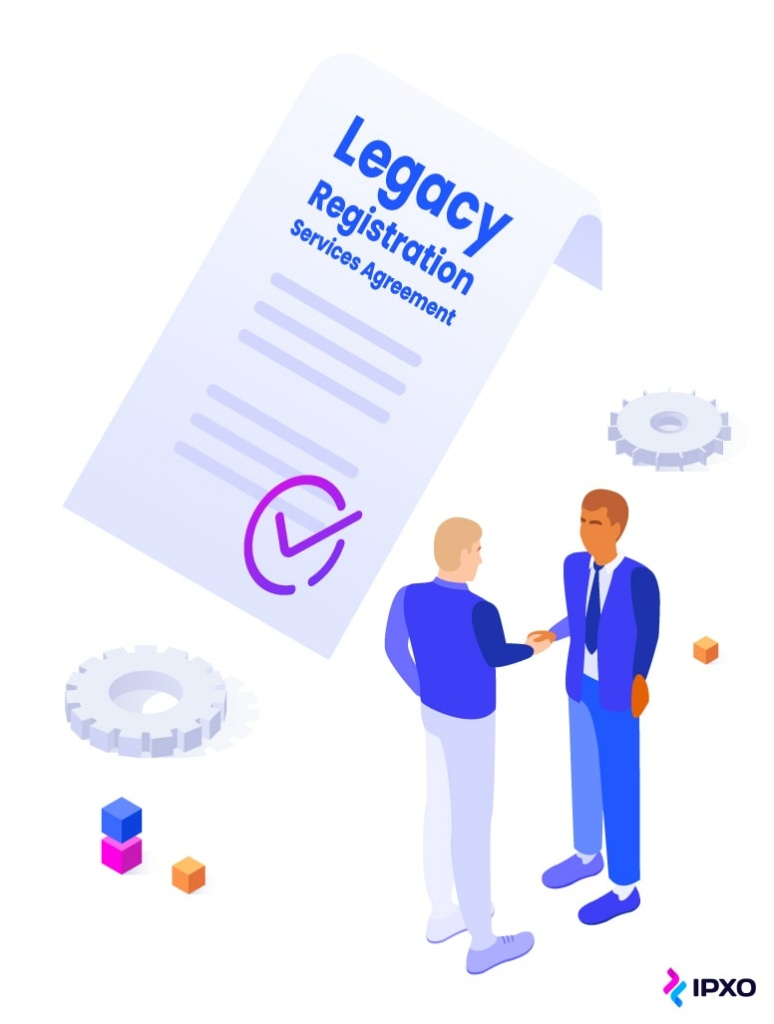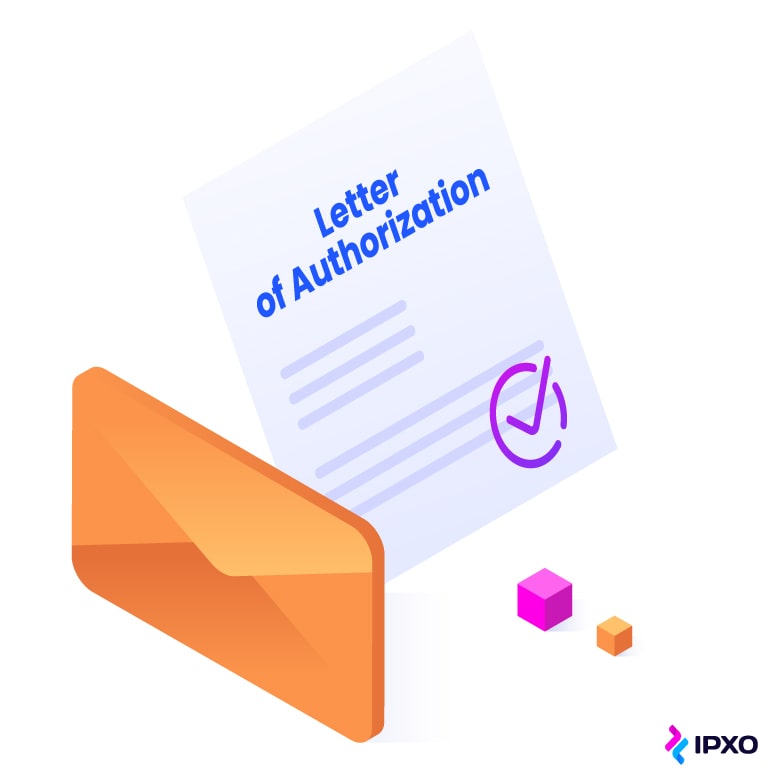How IPXO Adopted RPKI
5 min read
19 May 2022
Mindaugas Kubilius
The Resource Public Key Infrastructure is an essential security framework that ensures safe routing. Learn how IPXO has implemented RPKI at the IPXO Marketplace.
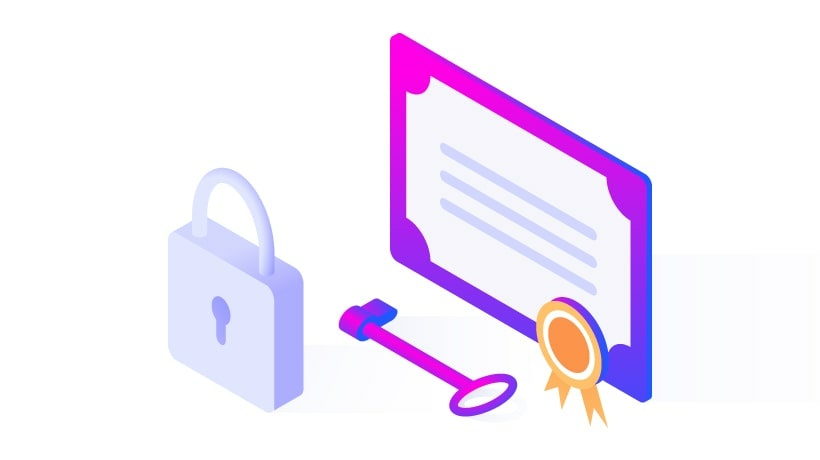
About the author
Mindaugas is a Network Administrator at IPXO with more than 15 years of experience in the IT field. He specializes in building and maintaining various network infrastructures, as well as presenting top-notch engineering solutions to the public. After work, Mindaugas spends his time in nature.
Table of contents
Related reading

27 October 2023 •
IP Leasing,
Stories
Top 10 Benefits of Leasing IP Addresses for IP Holders
Explore the top 10 benefits of leasing IP addresses with IPXO. Maximize income, protect your IP resources, and gain full control.
Read more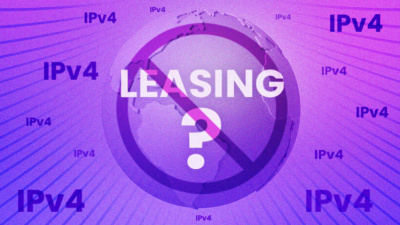
22 March 2023 •
IP Leasing
Opinion: IP Leasing Should Become a Market Standard
Learn why IPv4 leasing should become a market standard, which would bring many benefits in a more competitive environment, leading to additional revenue for all parties involved.
Read more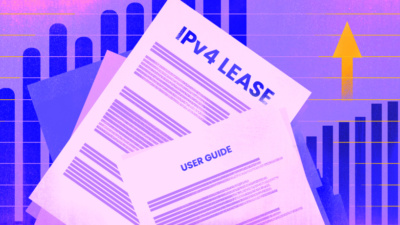
20 February 2023 •
IP Leasing
The Ultimate Guide to IPv4 Lease for IP Lessees
IPv4 lease enables companies to scale networks without purchasing expensive IPs and spending additional resources on IP management and IP reputation monitoring. Discover how to lease IPs with ease…
Read moreSubscribe to the IPXO email and don’t miss any news!

